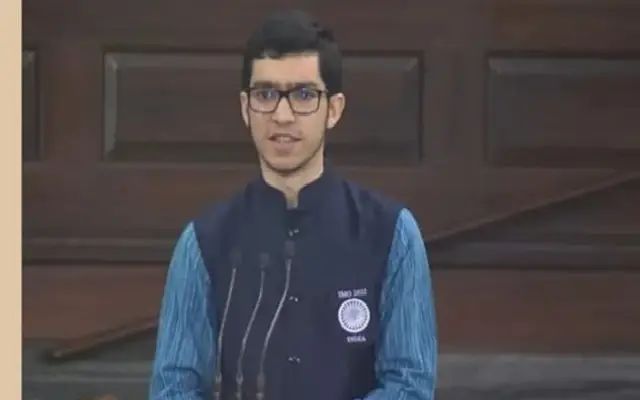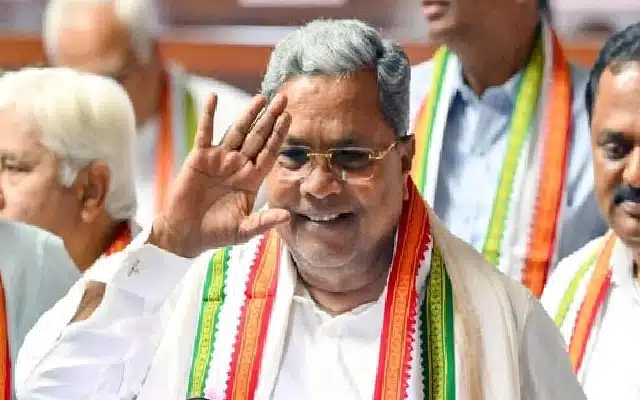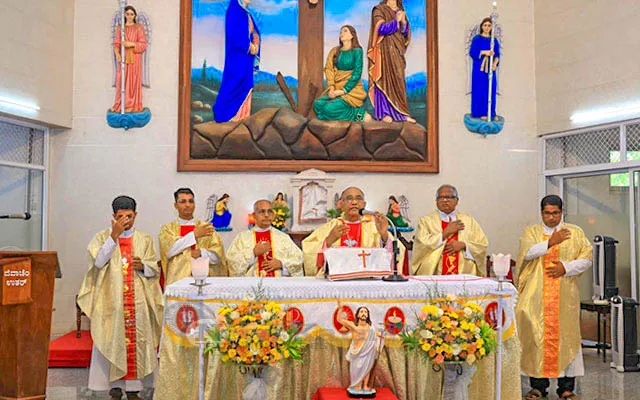December 6, 2021 marks the 29th year of Demolition of the Babri Masjid also known as Baburi Mosque in Ayodhya, Uttar Pradesh. The mosque’s location has been a topic of dispute between Muslims and Hindus, with the latter claiming that it was constructed on top of Ram Janmabhoomi, the Hindu deity Rama’s birthplace.
In 1984, a campaign was initiated to demolish the mosque and replace it with Ram temple. In the years that followed, the movement gathered traction, ending in riots in 1990 and the collapse of India’s ruling coalition. The Bharatiya Janata Party was swept to power in several states, including Uttar Pradesh and on December 6, 1992, security forces stood by as protestors vandalised the mosque.
Since 1992, there has been a long history of legal, cultural, and political disputes between Hindus and Muslims over the demolition. Much of which are being discussed even today resulting in instilling religious tension among people. Finally, the Supreme Court concluded hearings in the Ram Janmabhoomi-Babri Masjid land dispute in Ayodhya on October 16, 2019, and reserved its judgment till November 9. The Ram Janmabhoomi foundation was awarded ownership of the disputed 2.77-acre land in Ayodhya by the Supreme Court in a unanimous decision. However, Muslims were given alternate land to construct a mosque.
‘PFI Against Muslim Welfare’ had been the trending topic on Twitter on Babri Masjid’s demolition anniversary. Users had different opinions to share through their official Twitter handles.
Many including Muslims have come forward stating to keep the history in past as it will only benefit certain political parties. They suggest that we should focus on the developmental activities and schemes put forward by the government for the development of minorities.
Responses from Twitter users
A Twitter user wrote that, “Those keeping the Babri Masjid issue alive wants the Muslim youths to stay backward and unemployed. They will never promote employment and development amongst Muslims. PFI Against Muslim Welfare.”
“What will we gain by dwelling in past? Babri Masjid case is now being used for politics only. Lets focus on scholarships for meritorious students from minority communities and put forward demands for it,” tweeted a user.
“69,544 minority candidates have benefitted under the Naya Savera scheme and 3.92 lakh beneficiaries have been trained/allocated under the Seekho aur Kamao scheme. Let’s discuss these,” was a user’ response.
Another user questioned whether anyone has seen organisations like PFI, JEIH asking the government for amending the economic condition of Muslims? No? Reason is that wasn’t to thrive on hate politics & certainly not on development politics.
A user tweeted claiming that Ministry of Minority Affairs implements programmes/schemes for socio-economic and educational empowerment of Muslims. But Clerics/Muslim leaders are busy in polarisation.
“India is home to one of the world’s largest Muslim populations and they want to live a peaceful life. However, people with vested interests want to spread hate,” wrote another user.
India’s 180 million Muslims has always rejected extremist doctrine and rejected the violent actions that almost invariably accompany such belief systems. Hope PFI is listening, was a response from a Twitter user.
Popular Front of India (PFI)
The Popular Front of India (PFI) and the Social Democratic Party of India (SDPI), an extremist Islamic organisation in India formed in 2006 as a successor to the National Development Front (NDF) has been accused by the Indian government of anti-national and anti-social activities. The Bharatiya Janata Party (BJP), has repeatedly attempted to ban the organisation in various states across the country.
The two main objective of the organisation had been to mobilise people against violation of Human Rights and, protect civil and political rights of people of India and to protect the cultural, social and religious identity of tribal people, Dalit, and minorities.
The history of clinging onto the past has toxic turn in maintaining harmony among the Hindu- Muslim communities. Many people have benefited politically and personally from the ongoing Mandir-Masjid feud to create distress

















